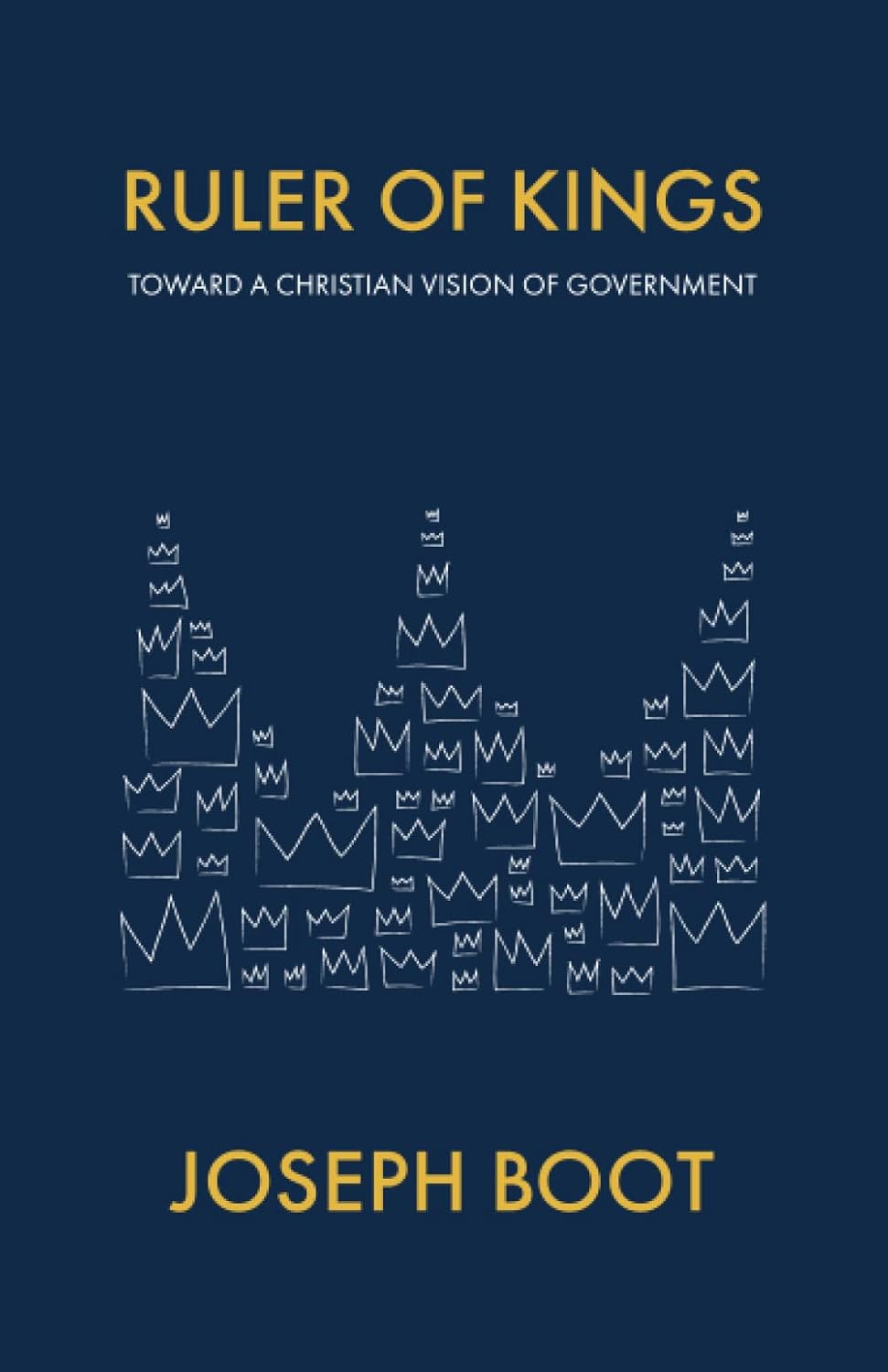A Book Review from Books At a Glance
by Michael D. Mock
With the intriguing if not foreboding remark in the Foreword, “This book is not for the faint-hearted…It will make many of us feel uncomfortable” (xi), my interest in the book turned to wonder at the potentially scandalous. Is this a book some will want to burn or block from the eyes of an unsuspecting or Reformation-minded readership? As I kept reading, I did not feel uncomfortable but perfectly at home with the material, well-worn material, in fact, for those who don their Kuyperian apparel. What the reader has before him is a distilled Kuyperianism, a modern-day explanation and application of Sphere Sovereignty.
Needed Reminders
Dr. Boot puts his foot down on biblical-theological reminders or truths that Christians have long forgotten or rejected (knowingly or not). I see this work mainly as restorative, that is, a call to return to biblical and theological-philosophical positions that have undergirded Christian political-theological thinking for centuries. The major problem against which Boot writes is political statism, where the state has gained, taken, or been allowed to possess more and ever-growing influence in areas hitherto assigned (by God!) to other sovereign spheres. In the spirit of Gandalf, Dr. Boot raises his scriptural staff to the Balrog of the State and pronounces, “You shall not pass!” He calls us to join him.
In his first chapter, Boot clarifies the dichotomy of Christ-rule vs. Expert-rule. He argues for a return to presuppositional thinking with the acknowledgement that there is no neutrality, not even in the political sphere. Someone will rule: Christ as Ruler of kings, or earthly rulers. These earthly rulers can be self-appointed and society-appointed supposed experts. Christ-Law or Self-Law is the question. Christonomy and autonomy are the choices to make. One source is eternal wisdom in the Light which is Christ, whereas the other is temporary wisdom arrayed in the attire of the Enlightenment. There’s no avoiding that these are the two fundamental options. Will we submit to the Son and his Word, or will we opt for some other source? Boot plants his feet firmly on the solid rock of God’s revelation.
In chapter two, another reminder in need of being heard is the goodness, the “biblicalness” even, of nations. Boot identifies another dichotomy: Globalist Utopia vs. Biblical Nationhood. Explained succinctly, Boot says, “In the West, two visions of the world’s political life have battled against each other for centuries. One posits independent sovereign nations/states pursuing political life in terms of their own customs and traditions. The other sees the world united under a single political law-order, maintained by a supranational authority” (71). Boot argues for the latter, rejecting both secular and Christian versions of the former. The pagan version is clearly rejected by the Christian, but Boot points out that some Christian traditions, and even some Reformed expressions, share in common the essence of a global utopianism. Here he has in mind some (if not all) brands of two-kingdoms theology.
Chapter two is a natural segue into the related material found in the rest of the chapters, in which Dr. Boot stomps on secular views of church-state relations. He tackles age-old questions and provides nuance and clarity along the way. What is the Church? How does the Bible speak of the Church? How does the Bible speak of the Kingdom of God? In only one way or in multiple senses? What should be done about heresy? Does the state let barking dogs lie, or does the Church have a say in the matter? Does the Church or the state have unlimited authority? If not, what are the limits of these spheres and the others? These are among the basic questions that Dr. Boot raises and answers with biblical clarity and with the support of the Reformed and Dutch political traditions.
Throughout these chapters, Boot argues that “secularism is, in a certain sense, the unplanned child of a deformed Christianity that is now betraying its mother and must be corrected to avert disaster” (105). This is why these middle and final chapters are necessary. He corrects through clarification, by means of precisely delineated categories, and by maintaining the various, God-given spheres of sovereignty that must not be blended, mixed, confused, separated, or divided.
Needed Advancement
I picked up this book in hopes to find more clarity in the specific articulation of boots-on-the-ground application. This is what chapter 6 begins to lay out for the reader. What I’ve found with most of the books on this topic is that when it comes to brass tax, in the area of nation-specific applications, there is more work to be done. I found Boot’s guidance helpful and on the right trajectory, but also in need of more help on the particulars. His book is solid on the theory, insightful on the categories laid out, and needful in the area of moving forward. I hope he follows up this work with another that can spend the same amount of space as Ruler of Kings but devoted to advancing his thesis more particularly. Powerfully did he write, “If we want to breach the wall of the secular pagan lie, we must use the battering ram of a scriptural world-and-life-view that shatters all false dualisms and reclaims all of creation for the glory and government of God, freeing life in all its aspects to be all that Christ intends it to be” (108-109). Yes, for those who do not believe that “All of life is religion, not merely one narrow aspect of it,” this book will be uncomfortable. Thankfully, for the glory of Christ the King and the good of Christ’s Kingdom, Dr. Boot graciously steps on our comfort level.
Michael D. Mock
